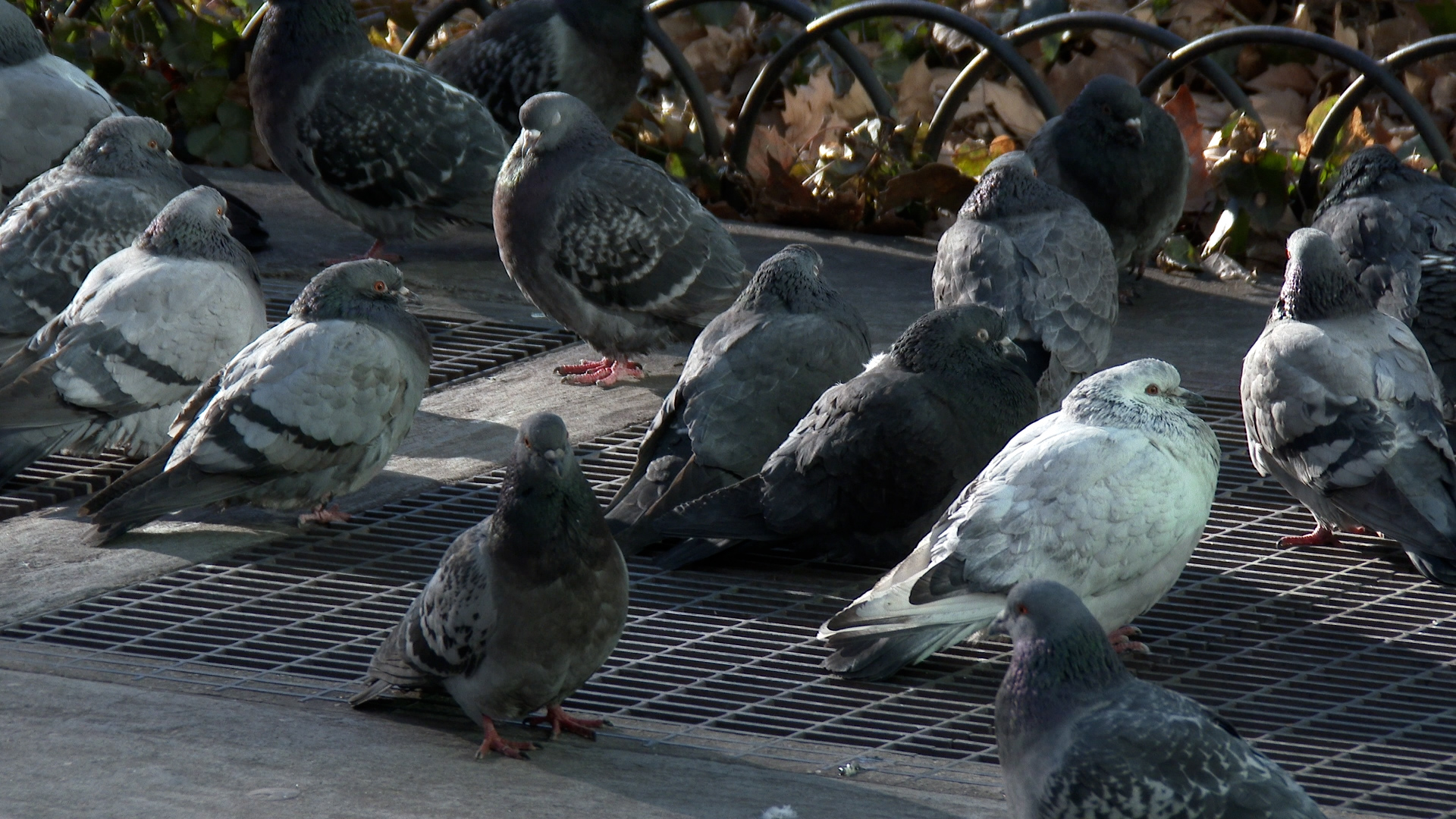
Another Michigan dairy worker has been diagnosed with bird flu, the third human case associated with an outbreak in U.S. dairy cows, health officials said Thursday.
The patient reported a cough and eye discomfort, unlike the two earlier patients, who had only eye symptoms, health officials said. The farmworker was quickly provided antivirals and is recovering from respiratory symptoms, Michigan health officials said.
The risk to the public remains low, although farmworkers exposed to infected animals are at higher risk, health officials said. The Michigan cases occurred on different farms and there are no signs of spread among people, officials said.
“Risk depends on exposure, and in this case, the relevant exposure is to infected animals,” the Centers for Disease Control and Prevention said in a statement.
Get top local stories in Philly delivered to you every morning. Sign up for NBC Philadelphia's News Headlines newsletter.

In late March, a farmworker in Texas was diagnosed in what officials called the first known instance globally of a person catching this version of bird flu from a mammal.
Last week, Michigan officials announced the first case there. That worker caught bird flu developed eye symptoms after “a direct splash of infected milk to the eye,” Michigan health officials said in a statement.
U.S. & World
Stories that affect your life across the U.S. and around the world.
Neither of the Michigan workers was wearing face shield or other personal protective equipment, which “tells us that direct exposure to infected livestock poses a risk to humans, and that PPE is an important tool in preventing spread among individuals who work on dairy and poultry farms,” Dr. Natasha Bagdasarian, the chief medical executive of Michigan’s health department, said in a statement.
There are 100,000 to 150,000 workers on U.S. dairy farms, the United Farm Workers of America estimates.
Since 2020, a bird flu virus has been spreading among more animal species — including dogs, cats, skunks, bears and even seals and porpoises — in scores of countries.
As of Thursday, H5N1 has been confirmed in 66 dairy herds in nine states, according to the U.S. Agriculture Department.
The new case marks the fourth time a person in the United States has been diagnosed with what’s known as Type A H5N1 virus. In 2022, a prison inmate in a work program picked it up while killing infected birds at a poultry farm in Montrose County, Colorado. His only symptom was fatigue, and he recovered. That predated the virus’s appearance in cows.
The Associated Press Health and Science Department receives support from the Howard Hughes Medical Institute’s Science and Educational Media Group. The AP is solely responsible for all content.

